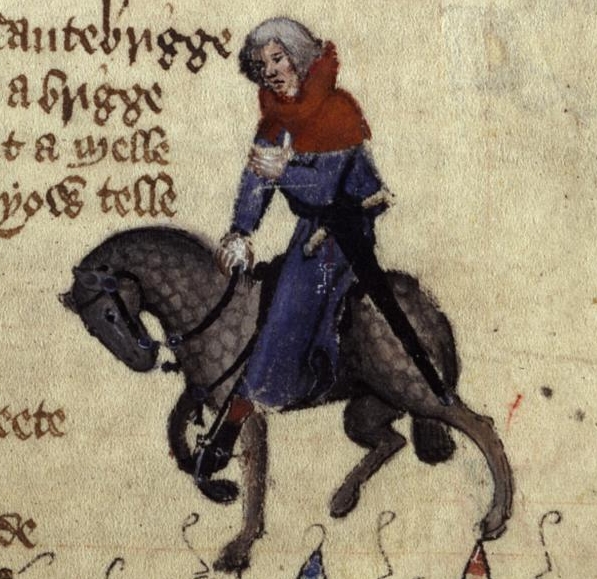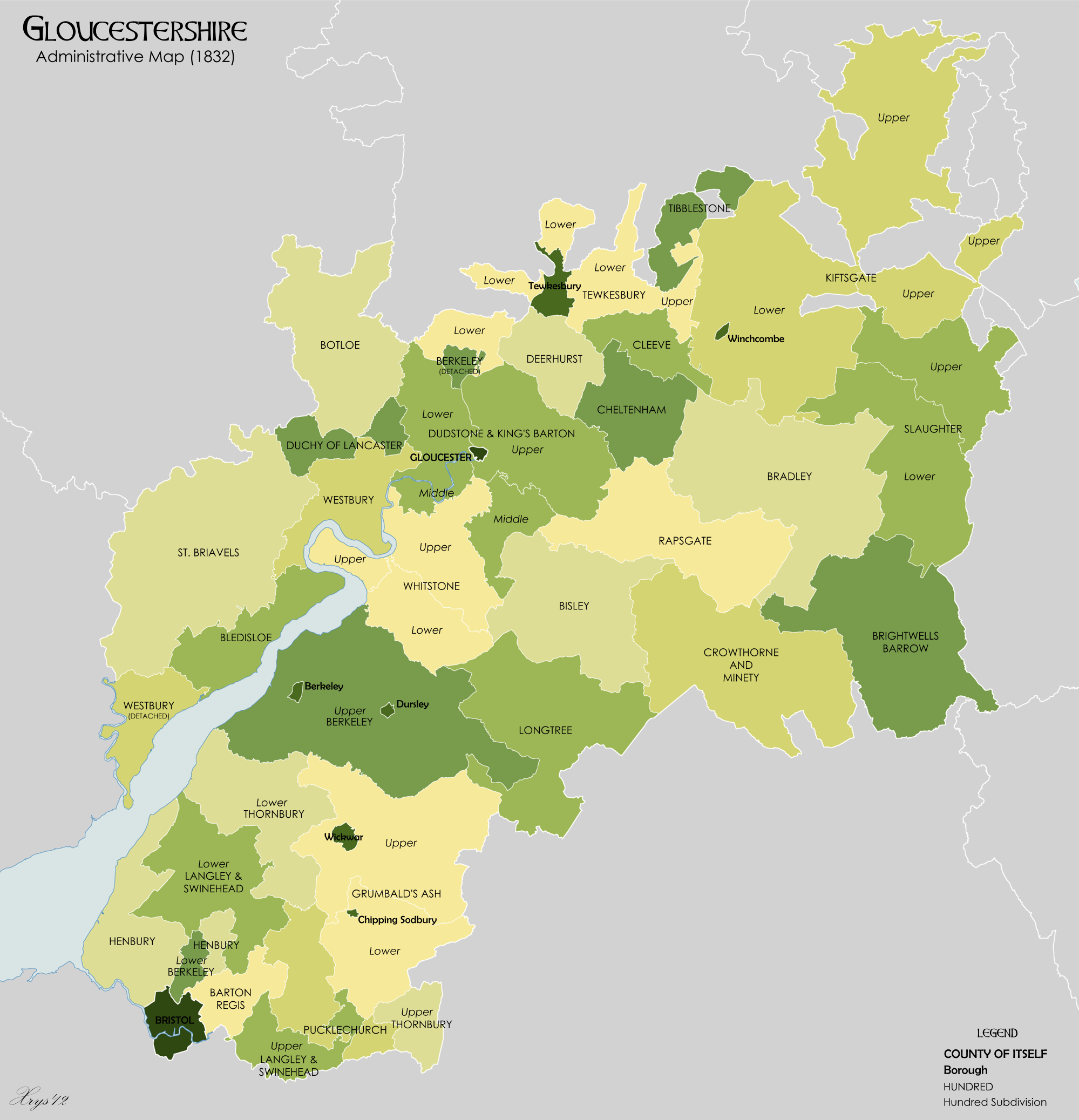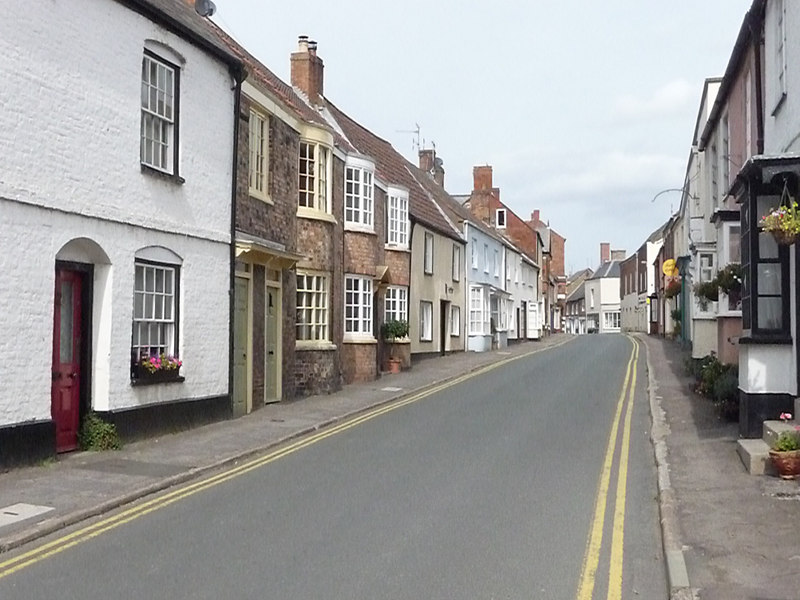|
Harding Of Bristol
Harding of Bristol (c. 1048 – c. 1125) was sheriff reeve of Bristol, with responsibility for managing a manorial estate and perhaps similar duties to those of a magistrate. He was the son of Eadnoth the Constable, an Anglo-Saxon thane who served as steward to Edward the Confessor and Harold II. He was the father of Robert Fitzharding who became lord of Berkeley, Gloucestershire Berkeley ( ) is a market town and civil parishes in England, parish in the Stroud (district), Stroud District in Gloucestershire, England. It lies in the Vale of Berkeley between the east bank of the River Severn and the M5 motorway. The town is .... His wife Livida supposedly died at the manor of Whetonhurst, Blacklow Hundred, Gloucestershire, England in 1101. References {{DEFAULTSORT:Harding of Bristol 1040s births 1120s deaths Anglo-Saxon people People from Bristol 11th-century English people 12th-century English people Year of birth uncertain Year of death uncertain ... [...More Info...] [...Related Items...] OR: [Wikipedia] [Google] [Baidu] |
Reeve (England)
In Anglo-Saxon England, the reeve was a senior official with local responsibilities under the Crown, such as the chief magistrate of a town or district. After the Norman conquest, it was an office held by a man of lower rank, appointed as manager of a manor and overseer of the peasants. In this later role, historian H. R. Loyn observes, "he is the earliest English specialist in estate management." Anglo-Saxon England Before the Conquest, a reeve (Old English '' ġerēfa''; similar to the titles '' greve''/''gräfe'' in the Low Saxon languages of Northern Germany) was an administrative officer who generally ranked lower than the ealdorman or earl. The Old English word ''ġerēfa'' was originally a general term, but soon acquired a more technical meaning. Land was divided into a large number of hides—an area containing enough farmable land to support one household. Ten hides constituted a tithings, and the families living upon it (in theory, ten of them) were obliged to underta ... [...More Info...] [...Related Items...] OR: [Wikipedia] [Google] [Baidu] |
Whitminster
__NOTOC__ Whitminster is a village and civil parish in Gloucestershire, England, and on the A38 trunk road approximately south of Gloucester and north-west of Stroud. The parish population at the 2011 census was 881. The hamlet of Wheatenhurst is signposted from the A38 at Whitminster. Whitminster is close to the M5 motorway, with Bristol, South Wales and the south Midlands all within an hour's drive. Wheatenhurst manor, with Whitminster House and the parish church of St Andrew, lies about to the west of the modern village. Plans for additional new housing were announced in Spring 2017. Whitminster has two pubs: The Old Forge Inn, a traditional English pub, and The Whitminster Inn offering accommodation. There is a village shop, a chip shop, a Chinese restaurant and takeaway, and an Indian takeaway. The local school is the Whitminster Endowed C.O.E Primary School, History The manor was originally known as ''Wheatenhurst''—the name changed officially in 1945—a ... [...More Info...] [...Related Items...] OR: [Wikipedia] [Google] [Baidu] |
12th-century English People
1 (one, unit, unity) is a number representing a single or the only entity. 1 is also a numerical digit and represents a single unit of counting or measurement. For example, a line segment of ''unit length'' is a line segment of length 1. In conventions of sign where zero is considered neither positive nor negative, 1 is the first and smallest positive integer. It is also sometimes considered the first of the infinite sequence of natural numbers, followed by 2, although by other definitions 1 is the second natural number, following 0. The fundamental mathematical property of 1 is to be a multiplicative identity, meaning that any number multiplied by 1 equals the same number. Most if not all properties of 1 can be deduced from this. In advanced mathematics, a multiplicative identity is often denoted 1, even if it is not a number. 1 is by convention not considered a prime number; this was not universally accepted until the mid-20th century. Additionally, 1 is the ... [...More Info...] [...Related Items...] OR: [Wikipedia] [Google] [Baidu] |
11th-century English People
The 11th century is the period from 1001 ( MI) through 1100 ( MC) in accordance with the Julian calendar, and the 1st century of the 2nd millennium. In the history of Europe, this period is considered the early part of the High Middle Ages. There was, after a brief ascendancy, a sudden decline of Byzantine power and a rise of Norman domination over much of Europe, along with the prominent role in Europe of notably influential popes. Christendom experienced a formal schism in this century which had been developing over previous centuries between the Latin West and Byzantine East, causing a split in its two largest denominations to this day: Roman Catholicism and Eastern Orthodoxy. In Song dynasty China and the classical Islamic world, this century marked the high point for both classical Chinese civilization, science and technology, and classical Islamic science, philosophy, technology and literature. Rival political factions at the Song dynasty court created strife among ... [...More Info...] [...Related Items...] OR: [Wikipedia] [Google] [Baidu] |
People From Bristol
A person ( : people) is a being that has certain capacities or attributes such as reason, morality, consciousness or self-consciousness, and being a part of a culturally established form of social relations such as kinship, ownership of property, or legal responsibility. The defining features of personhood and, consequently, what makes a person count as a person, differ widely among cultures and contexts. In addition to the question of personhood, of what makes a being count as a person to begin with, there are further questions about personal identity and self: both about what makes any particular person that particular person instead of another, and about what makes a person at one time the same person as they were or will be at another time despite any intervening changes. The plural form "people" is often used to refer to an entire nation or ethnic group (as in "a people"), and this was the original meaning of the word; it subsequently acquired its use as a plural form of pe ... [...More Info...] [...Related Items...] OR: [Wikipedia] [Google] [Baidu] |
Anglo-Saxon People
The Anglo-Saxons were a cultural group who inhabited England in the Early Middle Ages. They traced their origins to settlers who came to Britain from mainland Europe in the 5th century. However, the ethnogenesis of the Anglo-Saxons happened within Britain, and the identity was not merely imported. Anglo-Saxon identity arose from interaction between incoming groups from several Germanic tribes, both amongst themselves, and with indigenous Britons. Many of the natives, over time, adopted Anglo-Saxon culture and language and were assimilated. The Anglo-Saxons established the concept, and the Kingdom, of England, and though the modern English language owes somewhat less than 26% of its words to their language, this includes the vast majority of words used in everyday speech. Historically, the Anglo-Saxon period denotes the period in Britain between about 450 and 1066, after their initial settlement and up until the Norman Conquest. Higham, Nicholas J., and Martin J. Ryan. ''The An ... [...More Info...] [...Related Items...] OR: [Wikipedia] [Google] [Baidu] |
1120s Deaths
Eleven or 11 may refer to: *11 (number), the natural number following 10 and preceding 12 * one of the years 11 BC, AD 11, 1911, 2011, or any year ending in 11 Literature * ''Eleven'' (novel), a 2006 novel by British author David Llewellyn *''Eleven'', a 1970 collection of short stories by Patricia Highsmith *''Eleven'', a 2004 children's novel in The Winnie Years by Lauren Myracle *''Eleven'', a 2008 children's novel by Patricia Reilly Giff *''Eleven'', a short story by Sandra Cisneros Music *Eleven (band), an American rock band * Eleven: A Music Company, an Australian record label *Up to eleven, an idiom from popular culture, coined in the movie ''This Is Spinal Tap'' Albums * ''11'' (The Smithereens album), 1989 * ''11'' (Ua album), 1996 * ''11'' (Bryan Adams album), 2008 * ''11'' (Sault album), 2022 * ''Eleven'' (Harry Connick, Jr. album), 1992 * ''Eleven'' (22-Pistepirkko album), 1998 * ''Eleven'' (Sugarcult album), 1999 * ''Eleven'' (B'z album), 2000 * ''Eleven'' (Reamonn ... [...More Info...] [...Related Items...] OR: [Wikipedia] [Google] [Baidu] |
1040s Births
1 (one, unit, unity) is a number representing a single or the only entity. 1 is also a numerical digit and represents a single unit of counting or measurement. For example, a line segment of ''unit length'' is a line segment of length 1. In conventions of sign where zero is considered neither positive nor negative, 1 is the first and smallest positive integer. It is also sometimes considered the first of the infinite sequence of natural numbers, followed by 2, although by other definitions 1 is the second natural number, following 0. The fundamental mathematical property of 1 is to be a multiplicative identity, meaning that any number multiplied by 1 equals the same number. Most if not all properties of 1 can be deduced from this. In advanced mathematics, a multiplicative identity is often denoted 1, even if it is not a number. 1 is by convention not considered a prime number; this was not universally accepted until the mid-20th century. Additionally, 1 is the ... [...More Info...] [...Related Items...] OR: [Wikipedia] [Google] [Baidu] |
Whitstone (hundred)
Whitstone was an ancient hundred of Gloucestershire, England. From the 13th century it comprised two adjacent divisions, which included the ancient parishes of: ;Lower Division * Eastington *Frampton-on-Severn *Frocester *King's Stanley *Leonard Stanley * Stonehouse * Wheatenhurst (now Whitminster) ;Upper Division *Fretherne * Hardwicke *Haresfield *Longney *Moreton Valence * Randwick *Saul * Standish *Quedgeley (part) The hundred existed at the time of the Domesday Book Domesday Book () – the Middle English spelling of "Doomsday Book" – is a manuscript record of the "Great Survey" of much of England and parts of Wales completed in 1086 by order of King William I, known as William the Conqueror. The manusc ... in 1086, but covering a smaller area. By 1220 the adjacent Blacklow hundred had been absorbed. ''Blachelaue'' in the Domesday Book contained the parishes of Alkerton (now Eastington), Frampton (-on-Severn), Frocester, (Kings) Stanley, (Leonard) Stanley, Stonehou ... [...More Info...] [...Related Items...] OR: [Wikipedia] [Google] [Baidu] |
Berkeley, Gloucestershire
Berkeley ( ) is a market town and civil parishes in England, parish in the Stroud (district), Stroud District in Gloucestershire, England. It lies in the Vale of Berkeley between the east bank of the River Severn and the M5 motorway. The town is noted for Berkeley Castle, where the imprisoned Edward II of England, King Edward II is believed to have been murdered, as well as the birthplace of the physician Edward Jenner, pioneer of the smallpox vaccine, the world's first vaccine. The parish includes the village of Berkeley Heath, which runs along the A38 road, A38 Bristol to Gloucester road and the adjacent B4066 towards Berkeley. Geography Berkeley lies midway between Bristol and Gloucester, on a small hill in the Vale of Berkeley. The town is on the Little Avon River, which flows into the Severn at Pil (placename), Berkeley Pill. The Little Avon was tidal, and so navigable, for some distance inland (as far as Berkeley itself and the Sea Mills at Ham) until a 'tidal reservoir' ... [...More Info...] [...Related Items...] OR: [Wikipedia] [Google] [Baidu] |
Bristol
Bristol () is a city, ceremonial county and unitary authority in England. Situated on the River Avon, it is bordered by the ceremonial counties of Gloucestershire to the north and Somerset to the south. Bristol is the most populous city in South West England. The wider Bristol Built-up Area is the eleventh most populous urban area in the United Kingdom. Iron Age hillforts and Roman villas were built near the confluence of the rivers Frome and Avon. Around the beginning of the 11th century, the settlement was known as (Old English: 'the place at the bridge'). Bristol received a royal charter in 1155 and was historically divided between Gloucestershire and Somerset until 1373 when it became a county corporate. From the 13th to the 18th century, Bristol was among the top three English cities, after London, in tax receipts. A major port, Bristol was a starting place for early voyages of exploration to the New World. On a ship out of Bristol in 1497, John Cabot, a Venetia ... [...More Info...] [...Related Items...] OR: [Wikipedia] [Google] [Baidu] |
Robert Fitzharding
Robert Fitzharding (c. 1095–1170) was an Anglo-Saxon nobleman from Bristol who was granted the feudal barony of Berkeley in Gloucestershire. He rebuilt Berkeley Castle, and founded the Berkeley family which still occupies it today. He was a wealthy Bristol merchant and a financier of the future King Henry II of England (1133-1189) in the period known as the Anarchy during which Henry's mother, the Empress Matilda (1102-1167), mounted repeated military challenges to King Stephen (d. 1154). Fitzharding founded St. Augustine's Abbey, which after the Reformation became Bristol Cathedral. Many members of the Berkeley family were buried within it, and some of their effigies survive there. As J. Horace Round asserted he was one of the very few Anglo-Saxon noblemen who managed to retain their noble status in Norman England and successfully integrate with the Norman nobility, if not the only one. Early life Robert Fitzharding is believed to have been the grandson of Eadnoth, who had ... [...More Info...] [...Related Items...] OR: [Wikipedia] [Google] [Baidu] |



_1938.jpg)



